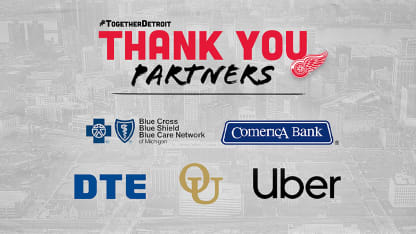"Throughout this crisis, we have had one core message to our communities, and that's 'we're here to help you," said Angie Pizzuti, vice president and chief customer officer, DTE Energy. "There are many people who have never had problems making ends meet, and now are experiencing income loss and don't know where to turn. We want to connect with them right away to deliver the help that DTE and the state have made available to them."

